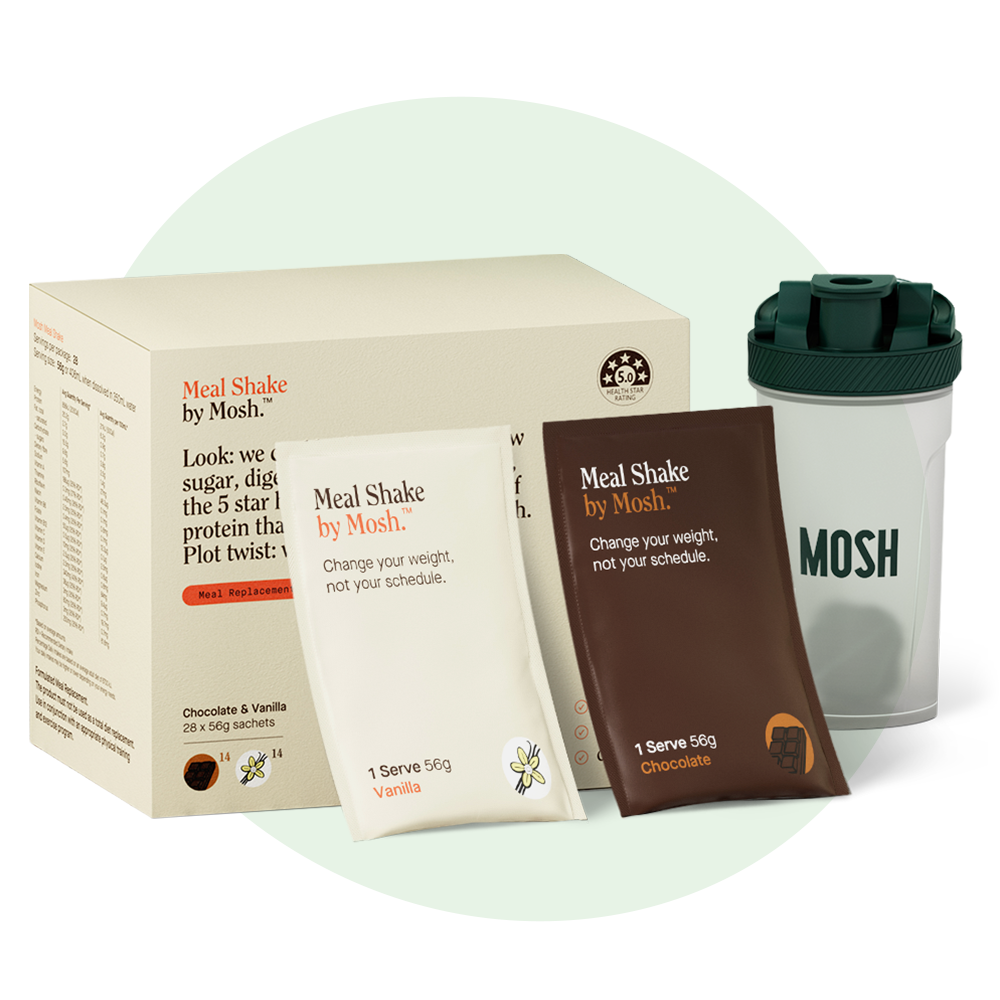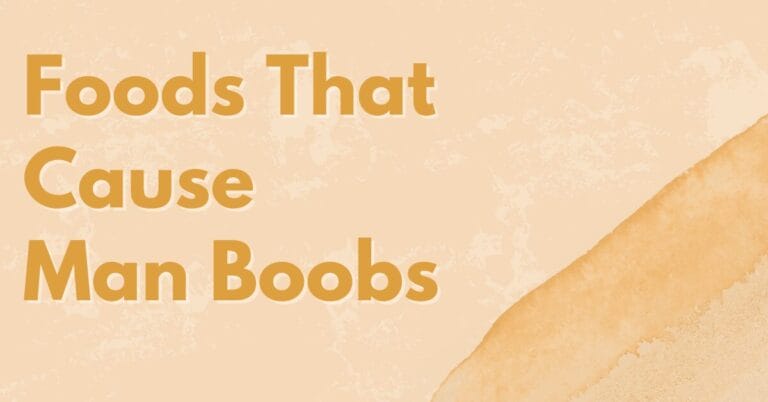The Weight of Stress: Exploring the Impact of High Stress on Men’s Weight Loss
In the fast-paced world we live in today, stress has become an inevitable part of life for many individuals. The demands of work, family, finances, and personal goals can lead to elevated stress levels that not only affect mental well-being but also impact physical health. Among the various ways stress takes its toll on our bodies, one significant consequence is its effect on weight loss, particularly in men.

Understanding Stress and Its Physiology:
Stress triggers a complex physiological response commonly known as the fight-or-flight response. This response releases hormones like cortisol and adrenaline, which prepare the body for immediate action. In the short term, this response is vital for survival, helping us react to potentially dangerous situations. However, when stress becomes chronic or prolonged, the constant release of stress hormones can disrupt various bodily functions, including metabolism and appetite regulation.
Cortisol and Its Role:
Cortisol, often referred to as the “stress hormone,” plays a critical role in the body’s response to stress. It helps to mobilize energy stores, increase blood sugar levels, and suppress non-essential functions like digestion and immune response. While these effects can be beneficial in acute situations, chronically elevated cortisol levels can lead to numerous health issues, including weight gain and difficulties in weight loss.
Stress and Appetite Regulation:
One of the ways stress impacts weight loss is by affecting appetite regulation. Stress can lead to changes in eating patterns, causing some individuals to turn to comfort foods that are high in calories, sugars, and fats. These foods often provide temporary relief from stress, as they trigger the brain’s reward centres and release feel-good neurotransmitters. However, relying on such foods frequently can lead to weight gain over time.
Moreover, chronic stress can disrupt the balance of hunger-related hormones like ghrelin and leptin. Ghrelin, known as the “hunger hormone,” increases appetite, while leptin, the “satiety hormone,” signals fullness. Stress may cause an imbalance in these hormones, making it more challenging for individuals to recognize when they’re truly hungry or satisfied, leading to overeating.
Impact on Metabolism:
Another significant factor in men’s weight loss influenced by stress is the disruption of metabolism. Chronic stress can lead to insulin resistance, a condition where cells become less responsive to insulin signals, resulting in higher blood sugar levels. This can contribute to fat storage and hinder weight loss efforts, as insulin plays a vital role in regulating how the body uses and stores nutrients.
Furthermore, the release of cortisol during stress can lead to increased fat storage, particularly in the abdominal area. This type of fat, known as visceral fat, is associated with a higher risk of obesity-related health issues such as cardiovascular disease and type 2 diabetes.
Stress-Related Lifestyle Factors:
Stress doesn’t just affect weight loss through hormonal and physiological mechanisms; it also influences lifestyle choices. When under high stress, individuals may find it challenging to prioritize regular exercise, healthy meal planning, and adequate sleep—key components of successful weight loss. Lack of sleep, in particular, can exacerbate stress and interfere with weight loss, as it affects hormones that regulate appetite and metabolism.
Moreover, stress can lead to unhealthy coping mechanisms, such as excessive alcohol consumption and smoking, both of which can contribute to weight gain and undermine weight loss efforts.
Breaking the Cycle: Strategies for Managing Stress and Promoting Weight Loss:
Recognizing the intricate relationship between stress and weight loss is the first step in addressing the issue. If you’re a man looking to lose weight while managing high-stress levels, here are some strategies to consider:
- Stress Management Techniques: Incorporate stress-reduction practices into your daily routine, such as mindfulness meditation, deep breathing exercises, yoga, or spending time in nature. These practices can help lower cortisol levels and improve overall well-being.
- Regular Exercise: Engage in regular physical activity to not only support weight loss but also alleviate stress. Exercise releases endorphins, natural mood enhancers that counter the effects of stress hormones.
- Balanced Nutrition: Focus on a balanced diet that includes whole foods, lean proteins, fibre-rich vegetables, and healthy fats. Avoid relying on comfort foods to cope with stress, and practice mindful eating to better manage portion sizes.
- Adequate Sleep: Prioritize getting 7-9 hours of quality sleep each night. A well-rested body is better equipped to manage stress and support weight loss efforts.
- Social Support: Lean on friends, family, or support groups to share your stressors and feelings. A strong social network can provide emotional support and help you navigate stress more effectively.
- Professional Help: If stress becomes overwhelming and interferes with daily life, consider seeking guidance from a mental health professional. Therapy and counselling can provide valuable tools for managing stress and its effects.
In conclusion, the impact of high stress on men’s weight loss is a multifaceted issue that intertwines physiological, psychological, and lifestyle factors. Recognizing the connection between stress and weight loss is essential for taking proactive steps toward a healthier lifestyle. By prioritizing stress management techniques, making conscious choices about diet and exercise, and seeking support when needed, men can navigate the challenges of stress and work towards achieving their weight loss goals. Remember, a balanced approach to both mental and physical well-being is the key to sustainable success.
Get Healthy with our Meal Replacement Shake
It’s the perfect low-calorie meal replacement for busy blokes wanting to boost weight loss and improve overall health. It’s full of whey and soy protein which means it’ll leave you feeling full and satisfied and keep you going till your next meal.

If you want to shift some kilo’s, look no further than The Healthy Man’s Meal Replacement!
Our Shake is available in yummy Chocolate and Vanilla flavours and will :
- Enhance fat-burning ability
- Increase muscle strength
- Improve gut health
- Increase stamina
- Reduce beer belly
- Increase energy, vitality and overall health





